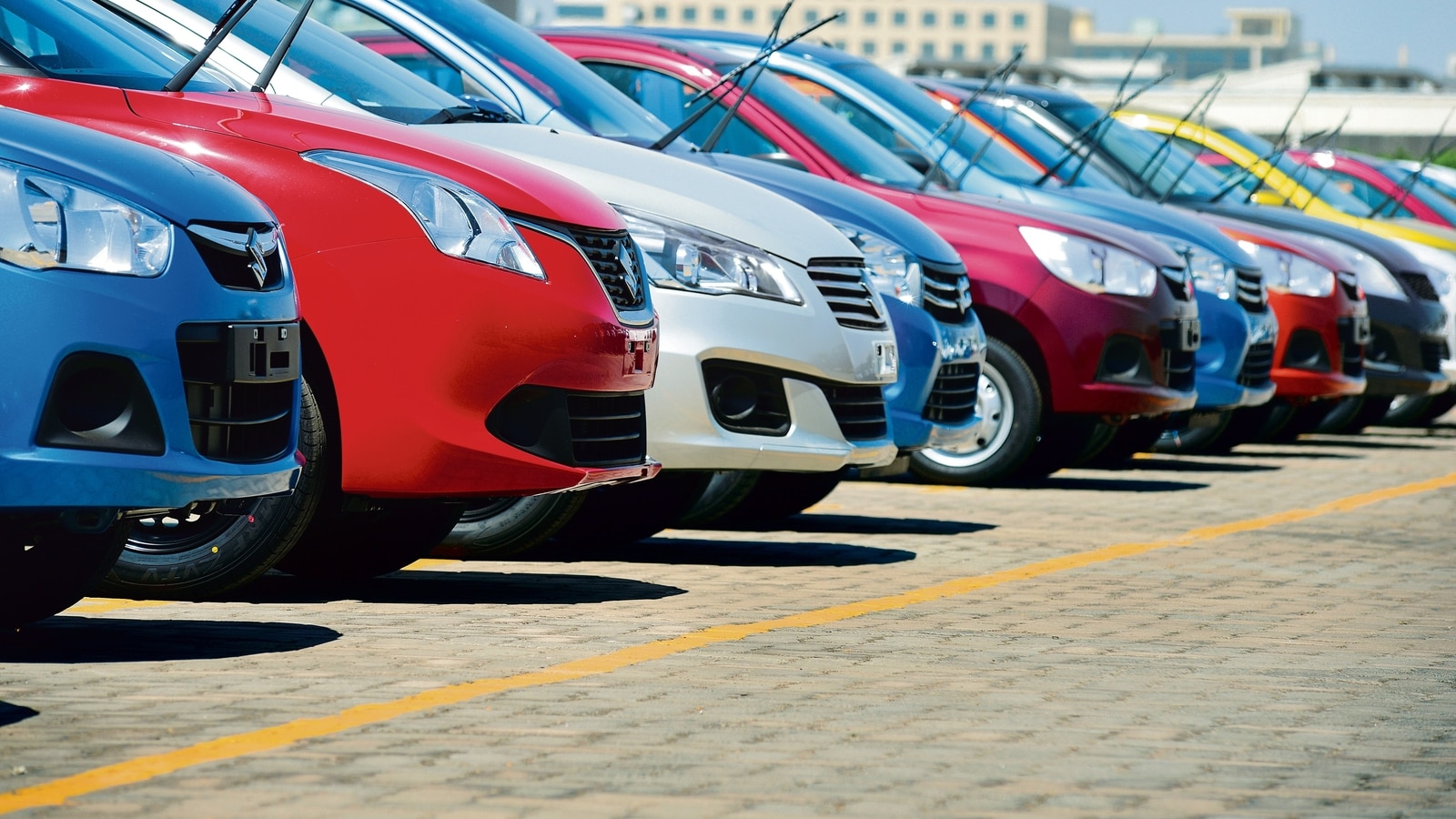In the past four months, the prices of second-hand cars in Kenya have surged dramatically, with an increase of up to Sh600,000, making them less accessible for many Kenyans. Industry data reveals that cars manufactured between 2016 and 2017 have experienced significant price jumps, indicating a rise in the cost of importing units from abroad. Notably, the Mercedes C-Class tops the list with a used car now priced at over Sh4.4 million, compared to Sh3.8 million in September of the previous year.
The surge in prices is attributed to various factors, including the depreciation of the Kenyan shilling against the dollar, which has dropped by 14.1 units during this period. Even car models with lower engine capacity, such as Mazda Demio and Honda Fit, known for their affordability, have witnessed substantial price increments.
This pricing trend coincides with a decline in spending on car imports by Kenyans, amounting to $162 million (approximately Sh25.92 billion) last year. Taxation measures, a weakening shilling, increased cost of credit, and reduced production of certain models contribute to this decline, as indicated by provisional data from the Central Bank of Kenya (CBK) and the Kenya Revenue Authority (KRA). The Kenya Auto Bazaar Association attributes this contraction to the shilling’s slide, challenges in accessing dollars for small traders, and reduced purchasing power of households.
Consequently, there is a growing preference among car buyers for locally available units that exceed the eight-year age limit set for imports. The scarcity of dollars and challenges in accessing financing for car purchases above $10,000 are cited as significant hurdles for small traders. The shilling’s devaluation has further increased the cost of car imports, prompting some dealers to reduce orders in the face of diminishing demand.
The situation has led to increased pressure on second-hand car dealers, with calls for urgent intervention and support from both the county and national governments, as well as well-wishers. Challenges in accessing dollars, coupled with restrictive bank loan processes, have contributed to a downturn in business for these dealers.
The shift in values in the second-hand car market is reflective of broader economic challenges, global production disruptions, and the impact of external factors on Kenya’s automotive industry. This phenomenon underscores the intricate relationship between currency fluctuations, taxation policies, and consumer behavior in the dynamic landscape of the used car market.





